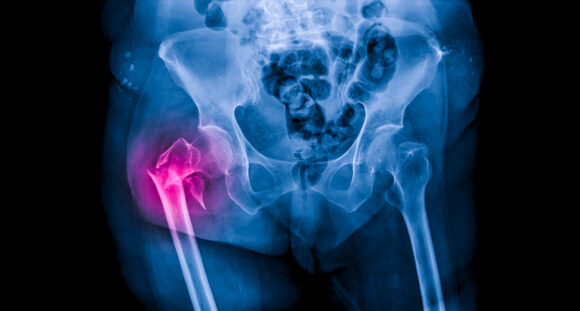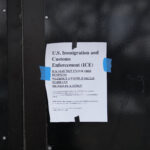Call it the mystery of the broken hips.
In 2017, 36-year-old Michael Barber attempted to take his own life by swallowing four types of medications. He then had a change of heart and called 9-1-1. He was conscious when emergency personnel arrived, was pacing in his garage, and he walked to the gurney.
After he was taken to Manatee Memorial Hospital in Bradenton, Florida, he suffered some complications, but was treated in the intensive care unit and appeared to be on the road to recovery, court documents indicate. But when he awoke after being unconscious and sedated for hours, he complained of extreme pain in his hips and groin area. X-rays showed he had suffered bilateral hip fractures.
Barber filed suit against the hospital in 2018, charging medical malpractice and negligence. Manatee Memorial officials said they had no record of any incident that may have caused his hip fractures. No one could say what had happened.
A trial court in Manatee County dismissed the lawsuit. But this week, Florida’s 2nd District Court of Appeal overturned that ruling, remanding the case to the lower court and ordering the judge to consider evidence that the hospital had failed to fully investigate the strange incident.
The three-judge panel of the appeals court found that Barber was entitled to pursue the legal doctrine of res ipsa loquitor, Latin for “the thing speaks for itself.” It’s a rebuttable presumption that a defendant can be considered negligent when common sense dictates that an injury happened while under the care or control of the defendant, even when direct proof is lacking, according to the DCA and Black’s Law Dictionary.
The idea has been around for decades. The appeals court cited Florida court decisions from the 1950s and 1970s.
Both sides in the case produced experts who agreed that the injuries happened while Barber was in the hospital and unconscious. The hospital officials suggested that the man may have suffered from an unwitnessed seizure that made him thrash about, cracking his bones.
Barbers’ experts said seizures do not normally cause such injuries. They also contended that Barber probably fell or was dropped while under care at the hospital and that “injuries as severe as his bilateral hip fractures could not occur … absent negligence on the part of Manatee Memorial,” the appellate court explained.
The court’s March 22 opinion also notes that Barber had satisfied all the prerequisites necessary to utilize the res ipsa offense, but that he does not have to show direct evidence of Manatee Memorial’s negligent actions.
“The lack of direct evidence of negligence is not fatal to Barber’s case,” DCA Chief Judge Daniel Sleet wrote. “It is what makes it a res ipsa loquitur case. Requiring Barber to introduce evidence that would prove negligence would be to require him to defeat his own res ipsa loquitur claim.”
The lower court should now instruct the jury about this “common sense” inference. The use of the doctrine creates a genuine dispute of material fact about whether Manatee Memorial breached a duty of care owed to Barber, the appeals court noted.
The trial court had also agreed to the hospital’s request to exclude evidence that the hospital’s failed to investigated after the fractures were discovered. The DCA said that evidence should now be allowed: The lack of investigation weakens the medical center’s argument that Barber’s injuries were the result of a seizure, the DCA said.
The trial court should instruct the jury that the missed investigation demonstrates a lack of evidence about cause of the injuries, which could frame the hospital’s experts’ reports, and is not evidence of the hospital’s negligence.
Topics Florida
Was this article valuable?
Here are more articles you may enjoy.



 LA Fire Survivors Got a Rude Surprise That Could Hit More Americans
LA Fire Survivors Got a Rude Surprise That Could Hit More Americans  20,000 AI Users at Travelers Prep for Innovation 2.0; Claims Call Centers Cut
20,000 AI Users at Travelers Prep for Innovation 2.0; Claims Call Centers Cut  Berkely Says It’s No Longer Pressured to Push for Rate ‘Across the Board’
Berkely Says It’s No Longer Pressured to Push for Rate ‘Across the Board’  Businesses Pressured to Respond to ICE While Becoming a Target
Businesses Pressured to Respond to ICE While Becoming a Target 

